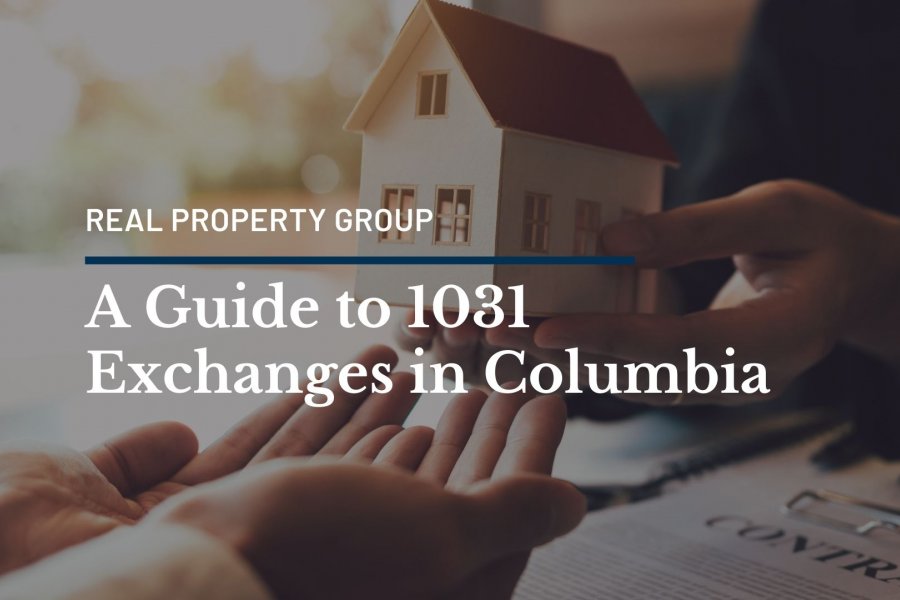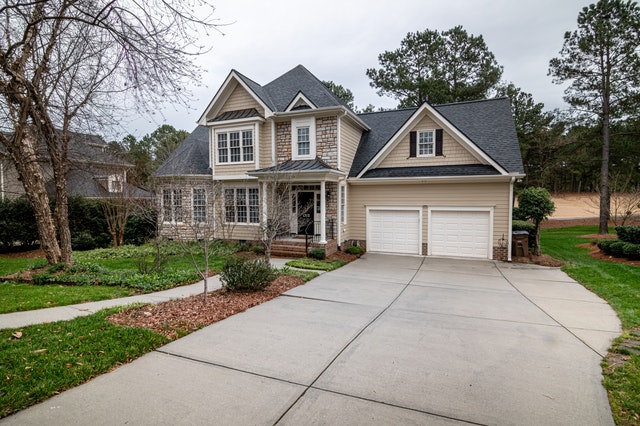
Looking to build wealth through real estate investments in Columbia, Missouri? If so, then it’s important that you familiarize yourself with 1031 Exchanges.
Basically, 1031 Exchanges allow real estate investors to defer payment of capital gains after the sale of real estate. You can then reinvest that money into buying a better property that can help you earn more passive income.
And there’s no limit to how many 1031 Exchanges you can do. Really, the sky is the limit to how much wealth you can build!
To carry out a successful 1031 Exchange, however, you must follow some very specific rules set forth by the Internal Revenue Code. The following is a guide to 1031 Exchanges in Columbia, MO.
What Are the Requirements for a Successful 1031 Exchange in Columbia, MO?
As already mentioned, investors must meet certain requirements for their exchange to qualify under the IRS code. They are as follows:
1. Properties Being Exchanged Must Be Like-Kind
Not all kinds of properties can qualify for exchange. Under the Internal Revenue Code, the properties being exchanged must be “like-kind.” This is an enigmatic phrase that can take many relative meanings.
But, while the rules can be liberal, the properties being exchanged must be for business or investment purposes. The following are examples of properties that can qualify under the “ like-kind ” requirement:
- Exchanging an industrial property for a rental resort property
- Exchanging a single-family rental property for an apartment
- Swapping a duplex for a commercial property
- Swapping vacant land for a commercial building
- Exchanging unimproved land for one that is improved

On the other hand, the following properties don’t qualify under IRS Code 1031: partnership interests, trade inventory, certificate of trust, stocks, bonds, and notes. Also, your home or vacation home, or any other property for personal use, typically doesn’t count.
2. The Exchange Must Precede the Sale
Adhering to the rules is important for a successful 1031 exchange. Prior to selling your property, you must first set up an Exchange with a Qualified Intermediary. A Qualified Intermediary is also referred to as an Exchange Accommodator or Facilitator.
Your qualified intermediary cannot be a relative, employee, banker, or attorney. People who’ve also served you in any of those capacities in the past 2 years are also off-limits.
Among other things, their role is to hold on to the proceeds of the sale on behalf of the exchanger. The goal here is to ensure that the exchanger doesn’t have a “constructive receipt” of the sales proceeds throughout the exchange.
3. The Replacement Property Must Be of Equal or Greater Value
The property (replacement property) you’re exchanging your property for (relinquished property) must be of equal or greater value.
Here is an example to better illustrate this: suppose you’ve sold your property for $1,000,000 with $50,000 of sales costs. The property you’re replacing it with must have a value equal or greater than $950,000. Sales costs include attorney fees, brokerage fees, title, and escrow.
4. You Must Pay Capital Gains on “Boot”
Simply put, boot refers to non-like-kind property received in an exchange. It’s considered an economic benefit, and tax must be paid on it. Boot includes cash proceeds withheld from an exchange or a reduction in outstanding debt resulting from the transaction.

The goal of IRS Code 1031 is to incentivize taxpayers to maintain continuous real estate investments. As such, taking cash proceeds would be considered “boot.”
But does this mean that exchangers are prohibited from taking cash from the Exchange? Not at all. The only difference is that any amount of boot would be liable to capital gains tax.
From a tax standpoint, IRS will subject any boot to the most expensive Federal tax rate. At the Federal level, it can range anywhere between 15 to 20 percent. While, at the state level, it can be anywhere between 0 to 13.3 percent.
5. The Taxpayer Selling and Acquiring the Exchange Property Must Be the Same
The entity on the title at the time of closing must be the same entity on the title of the replacement property. The same holds true if the property has an LLC on the title. The title must be the same at the time of the sale of the property and during the acquisition of the replacement property.
6. You’ll Have 45 Days to Identify the Replacement Property and 180 Days to Complete the Exchange
When carrying out a 1031 Exchange, you must adhere to a very strict timeline. It’s straightforward and has three key dates. The first one is the first day when the relinquished property is sold. The second one (45 days later) is when the property identification is due. And the third (135 days, so a total of 180 days later) is when the exchange must have been completed.

The only exception to these dates is when there are federally declared disasters that either impact you, the Qualified Accommodator, or your CPA. Other than that, no other extensions can be granted for the aforementioned dates. It doesn’t matter whether those dates fall on a weekend or holiday.
Please note, however, that no requirement exists requiring an exchanger to wait until the 45 days are over to make the acquisition. So, once you have identified the replacement property, you can begin the acquisition of the replacement property as soon as you’re able to. Nonetheless, 180 days is the maximum timeline.
8. You’ll Still Have to Pay Taxes Later
1031 Exchanges are only meant to defer the payment of capital gains, not make them go away. So, at some point, capital gains taxes will be due.
Bottom Line
You may be able to grow your real estate portfolio by making use of 1031 Exchange. But that’s only if you do it right. Real Property Group can guide you through the process to ensure you do it successfully. Get in touch today to learn how we can help you get the best deal for your next rental property investment !
